TEHRAN (Bazaar) –Nader Entessar, Professor Emeritus of Political Science from university of South Alabama says that the U.S. is still focusing on suspension (not permanent lifting) of most of the important sanctions, and this is why the current negotiations have turned into a series of protracted rounds.
He also says “If the two sides are still far apart regarding the modalities of the lifting of sanctions, then the Vienna talks may lead to a deadlock and possibly the end of the talks.”
Following is the full text of the Bazaar interview with Professor Entessar:
Bazaar: Enrique MORA. Deputy Secretary-General European Union said that we needed a spirit of compromise to return to full implementation. Given the various unfavorable trends to undermine the JCPOA, it is necessary to conclude these negotiations sooner. What countries does Mora mean by unfavorable trends to undermine the JCPOA?
Entessar: Mr. Mora is using normal diplomatic language to convey a message about the difficulties of reviving the JCPOA. I do not think Enrique Mora is targeting a particular country as the culprit in the current impasse in Vienna. What he is saying is that both Iran and the West need to offer more compromises.
Bazaar: Before the beginning of the eighth round of talks, Iranian Foreign Minister Hossein Amirabdollahian stated that "in reviewing the latest texts obtained from the Vienna talks, parts of our demands in the field of lifting sanctions have not yet been considered." Given these statements, do you think this is the last round of talks?
Entessar: If the two sides are still far apart regarding the modalities of the lifting of sanctions, then the Vienna talks may lead to a deadlock and possibly the end of the talks. It appears that the U.S. is still focusing on suspension (not permanent lifting) of most of the important sanctions, and this is why the current negotiations have turned into a series of protracted rounds.
Bazaar: Mikhail Ulyanov has announced that Iran will take the deadline in early March seriously. We will have a period of one to two months to prepare for the implementation of the agreement. What does he mean by a period of one to two months to prepare for the implementation of the JCPOA?
Entessar: If an agreement on lifting sanctions is reached, Iran needs to make sure that the other side will implement its commitments in practice and not simply on paper. The time period Mikhail Ulyanov is referring to most likely means that all commitments must be implemented and verified within a period of one to two months for the JCPOA to be sustained.
Bazaar: According to the statements of the Iranian officials, it seems that some disputes, including on the issue of enriched uranium and advanced centrifuges, have not been resolved yet. Of course, the two sides have not yet strayed from the agreement, but the agreement is not very close. What is your assessment?
Entessar: It appears that the United States is pressuring Iran to accept new limitations on the development of advanced centrifuges and enrichment capacity. In other words, the Biden administration wants Iran to accept further limitations on these issues beyond the scope of the original JCPOA. If this is indeed the case, then the JCPOA's revival becomes less likely.
Bazaar: Al-Mayadeen reports that a draft of a 20-page document has been prepared in Vienna that sets out the framework for a comprehensive political agreement. The implementation of this draft will begin with the lifting of sanctions and Iran's permission to benefit from the transfer of its revenues. There is a positive atmosphere for reaching an agreement in the next few days or maybe weeks. What is your assessment?
Entessar: If what Al-Mayadeen has reported is true, then the implementation of the terms of the aforementioned document may signal positive developments. After all, as I have mentioned many times in the past, the Iran-U.S. conflict is first and foremost a political one. If political obstacles can be reduced, then technical and other problems can be handled more effectively.

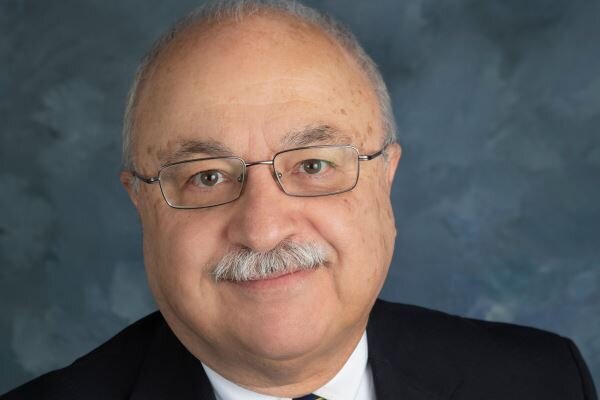





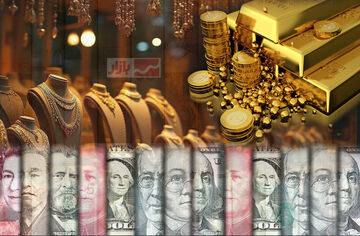
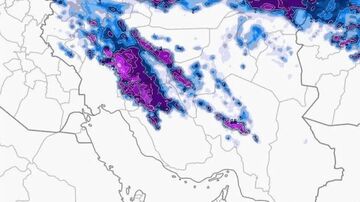
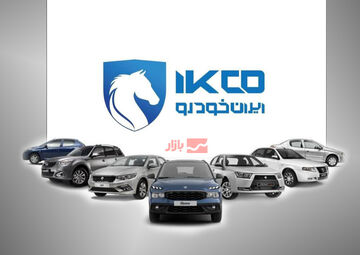
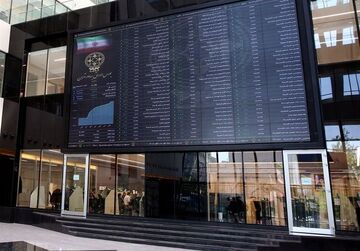
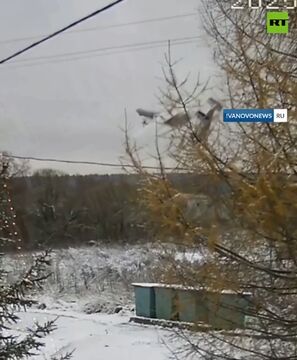



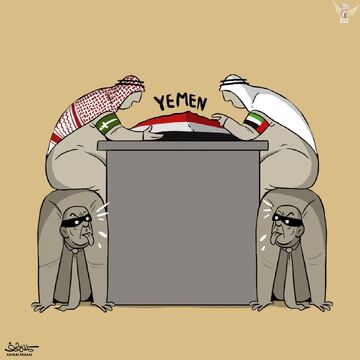
نظر شما